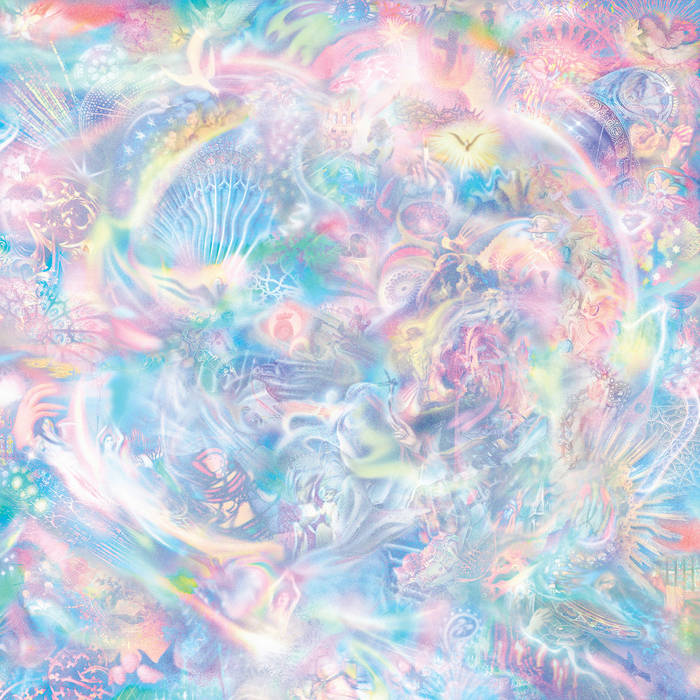In all likelihood, Jill Fraser is a name that won’t ring many bells. It is also equally likely that, without realising, you have probably heard her work many times. Active since the 1970s, the US composer, electronic musician, and former Morton Subotnick protégé has left her mark across all sorts of productions. She created the sound design and electronic effects for John Boorman’s infamous 1974 sci-fi flick Zardoz. Alongside Jack Nitzsche, she worked on the music for Paul Schrader’s Hardcore (1979) and William Friedkin’s Cruising (1980). She scored countless TV advertisements for the biggest brands. The list of accomplishments goes on and on.
Yet, unlike other women who pioneered the use of electronics, especially modular synthesisers in serious music – Suzanne Ciani, Laurie Spiegel, Wendy Carlos, and all the other sisters with transistors – Fraser’s career remained anchored to the more functional side of the music industry. Throughout the years, she had toured with the likes of singer-songwriter Buffy Sainte-Marie, appeared as opening act for the Minutemen and Henry Rollins, and, more recently, collaborated with Peter Grenader as The zZyzx Society, but her professional life eclipsed her solo efforts, and any and all ars gratia artis works were relegated to a footnote.
With this in mind, her new and in some ways first proper album, Earthly Pleasures, comes across as a sublime if bittersweet affair: an encapsulation of Fraser’s compositional acumen and a reminder of unexplored potential. Rooting herself in revival hymns and choruses of the late 19th and early 20th century, Fraser uses technology both old and new – a custom-built Serge synthesiser, a Prism Modular, and Ableton Push 3 – to create music that at once feels like a tranquil nocturnal dive into a bottomless lake and a thrilling rush to its surface propelled by effervescent currents.
‘When We All Get To Heaven’ opens the record with angelic, healing music vibes, the sort of blissful constructs that Laraaji (sans autoharp) or Pauline Anna Strom might have conjured. Here, bright celestial synth loops, shapeless bells, and patiently bowed string lines are left to blend into glossy textures, which then widen until becoming gossamer-thin, weightless echoes.
Across the remaining cuts, Fraser tightens things up just a bit, forming shapely bubbles from the warm familiarity of analogue electronics and sampled choirs. On ‘Beautiful Summer’, she makes her synthesizers croak like frogs and buzz like cicadas, akin to an ersatz field recording, then assembles them into playful circular narratives, evoking the sparkle of music made using Spiegel’s Magic Mouse software. Meanwhile, the centrepiece ‘Message Of Mercy’ grows bliss-instilling textures from single tones, proceeding as patiently as if tending to a delicate garden, and ‘Amen 2’ slices the Abrahamic invocation into a train of stuttering fragments that traverses the stereo field, left to right, top to bottom.
The closing two pieces, ‘Monarch Of The Sky’ and ‘I Stand Amazed’, and their gently unfurling, Vangelisesque future arcadian sounds highlight the timely anachronism of Earthly Pleasures. Like Oksana Linde’s 2022 compilation Aquatic And Other Worlds, Fraser’s album arrives just in time to become one of the standouts in this latest revival of otherworldly electronic music from the 1970s and 1980s.


